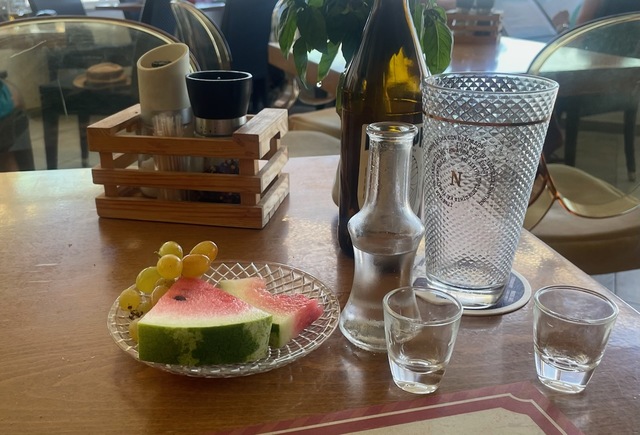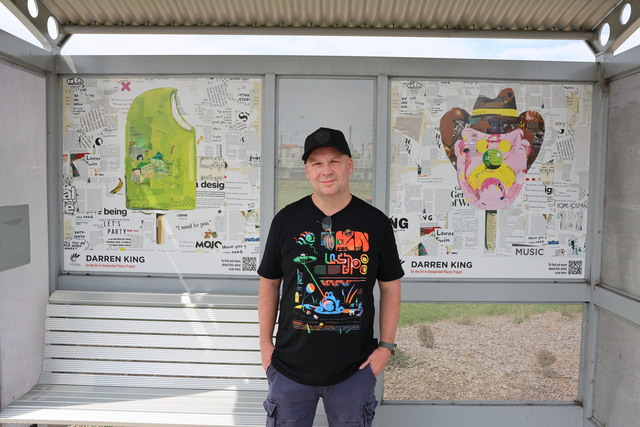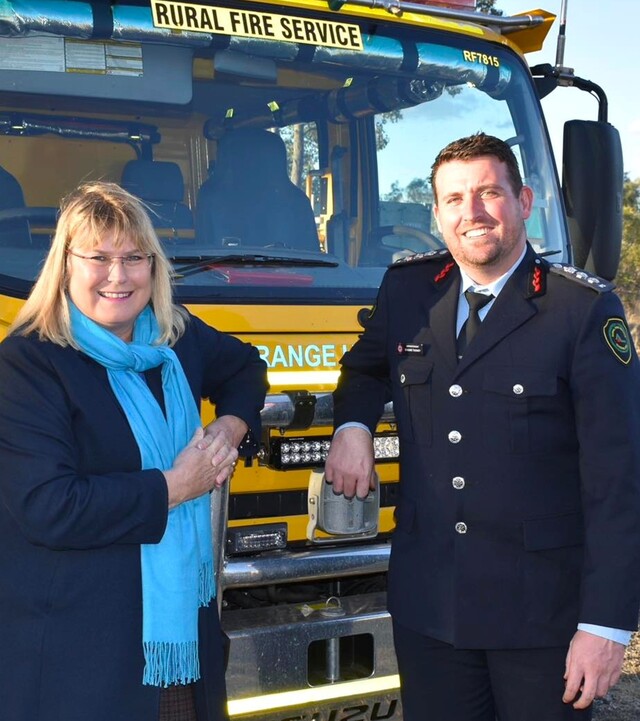Christmas Island s an Australian external non-self-governing territory, but the question of independent governance continues to arise.
Christmas Island, a small speck in the Indian Ocean, sits over 1500 kilometres off the north west coast of Australia. Geographically, the island is much closer to Indonesian borders than Australian, but it has been an Australian external non-self-governing territory since 1958.
The island has a resident population of just over 1500, and a long history of colonialism. It has been a British held territory since the late 19th century, after large phosphate reserves were discovered on the island. It was originally administered as part of the Colony of Singapore, before being handed over to Australia.
Currently, the territory is considered within the legislative jurisdiction of Western Australia – any law that the State adopts automatically applies to Christmas Islanders. However, residents are not given the right to vote for members of parliament in WA State elections. When it comes to Federal elections, the Christmas Island population must elect a member from the seat of Lingiari in the Northern Territory.
Chief Executive Officer of the Shire of Christmas Island, Kelvin Matthews, has expressed his concern about the current arrangement.
“The most glaring deficiency is the democratic deficit that exists with the Western Australian legislation,” Matthews told Local Government Focus.
“The very definition of representative democracy must include the notion that citizens have genuine choices among alternative candidates at the time of relevant election cycles.
“Christmas Islanders are denied this choice by not being eligible to vote in the WA election process although the laws of WA are applied to them that affect their daily lives.”
Since 2012, Matthews has been undertaking PhD research into the issue, the title of his thesis, ‘Christmas Island: a question of self-determination’.
He said the purpose of the research is to understand all of the possibilities surrounding the potential move to self-governance, which include Christmas Island: becoming an autonomous self governing region; being incorporated into the WA or NT legislative arrangements; developing an alternative mixed delivery model of governance such as an ‘internal territory arrangement’; or, simply remaining with the current status quo.
The notion of self determination for Christmas Island has been around for many years, Matthews explained.
“This is evidenced by the many reports/studies/inquiries and indeed protests (on the Island and in Canberra) over the years that have failed to achieve any satisfactory result for Christmas Islanders.”
Most recently, the Joint Standing Committee on the National Capital and External Territories (JSCNCET) commenced an ‘Inquiry into governance in Indian Ocean Territories’ in March this year, which is examining both the situation on Christmas Island and the Cocos (Keeling) Islands.
An interim report on economic development in the area was published in July, outlining common problems faced by Christmas Islanders, including the complexity of service delivery agreements and bureaucratic uncertainty.
The report stated: “Many complaints associated with governance are not easy to resolve for a host of reasons, including that it is not always clear to residents which level of government or which bureaucracy is responsible for what.”
The report also acknowledged the federal inertia on the issue: “The Committee is acutely aware that successive parliamentary committees investigate many of the same issues time and time again in the Indian Ocean Territories.”
Public hearings have been taking place over the last few months and the Inquiry is still accepting submissions.
The Shire of Christmas Island has previously pushed for a referendum to be held on the issue and Matthews said in this current inquiry process the Shire has ‘reiterated that this recommendation be implemented by 2019’.
Matthews is hopeful a referendum will occur and he aims to finish his research by the end of next year.
Most importantly, Matthews said, he hopes the research can assist with the residents of Christmas Island to be properly informed before a referendum process is instigated.
“It is not my intention to recommend any one option over another. This is, and should be, the choice of the people of Christmas Island noting that they can only make an informed decision based on having as much relevant information as possible to make this decision.”







